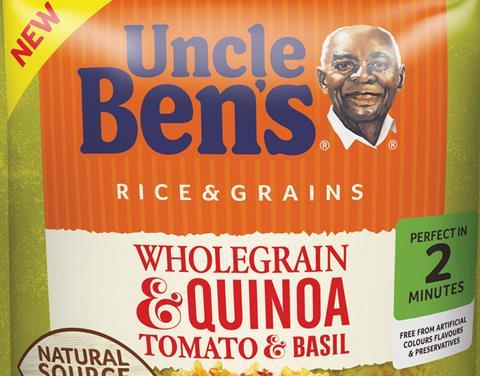
Mars Food is rolling out new front-of-pack labelling on brands such as Dolmio and Uncle Ben’s to indicate if its products are suitable to be eaten every day or should only be consumed occasionally.
The new system is part of a global five-year ‘health & wellbeing’ strategy announced by the company today (14 April), which also includes significant reformulation targets to reduce salt, sugar and fat along with initiatives to encourage healthier eating habits.
Certain products – such as creamy lasagne sauces or pesto – were by their very nature higher in fat, salt or sugar, said Fiona Dawson, global president of Mars Food, Drinks and Multisales. Instead of forcibly reformulating them in a way that compromised on taste or authenticity, Mars would instead use front-of-pack icons to make it clear to consumers that such products should be consumed only occasionally, ie no more than once a week.
“Consumers tell us, ‘don’t touch those products; we want the real deal,’” Dawson told The Grocer. “People understand those products may be higher in fat or sodium; what they want is transparency – they don’t want hidden fats or salt or sugar.”
The design of the new front-of-pack icon was still in the process of being finalised, Dawson said, but would likely take a non-verbal form, such as a tick. Where local markets already had schemes to indicate occasional versus everyday use on food products, Mars would adopt those, she said.
In the UK, where no such scheme exists at the moment, Mars would be putting forward its own icon design and then seek dialogue with other industry players and bodies like the Food and Drink Federation to encourage wider adoption.
Mars is using healthy eating guidelines from the World Health Organisation (WHO) to determine if a product should be classed as ‘occasional’ or ‘everyday’. It estimates about 5% of its global food portfolio will fall into the ‘occasional’ category.
Reformulation targets
Mars has also announced new reformulation targets for its global food portfolio. These include cutting sodium in its products by an average of 20% by 2021 and offering more multi-grain options, with half of all its rice products to include whole grains and/or legumes by 2020. In the UK, that target is likely to be achieved earlier, possibly as soon as 2018, as 34% of UK rice products already meet this criterion.
In addition, all tomato-based jar products will include a minimum of one serving of vegetables by 2021, with the UK again likely to be ahead of that target – 70% of Mars’ UK tomato products already contain at least one serving of veg.
To further encourage consumers to make healthier choices, Mars would be adding healthy recipe suggestions to the backs of packs with a greater emphasis fruit, veg and lean protein, Dawson said. “Ninety percent of people religiously follow recipe suggestions on pack, so there is huge potential to drive change through better recipes.”
The new labelling scheme and the five-year health and wellbeing strategy are Mars Food initiatives and will not apply to Mars confectionery products. Mars expects to spend $20m and 20,000 man hours globally on implementing its new strategy.






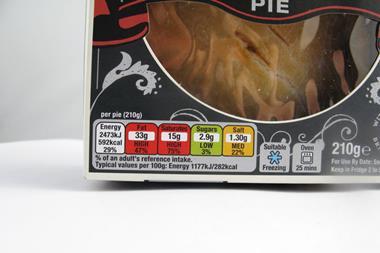

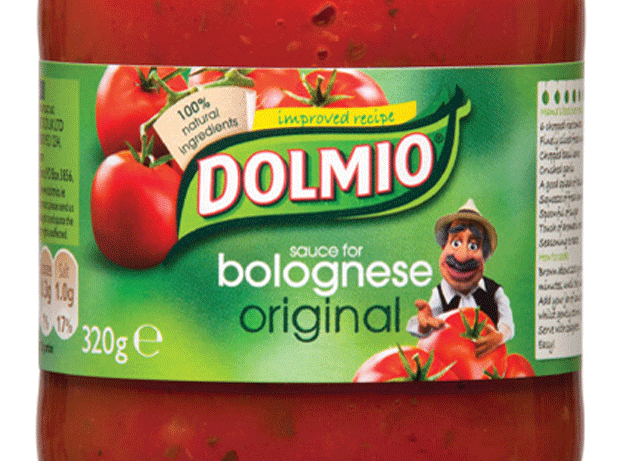

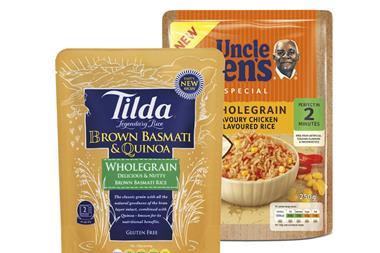






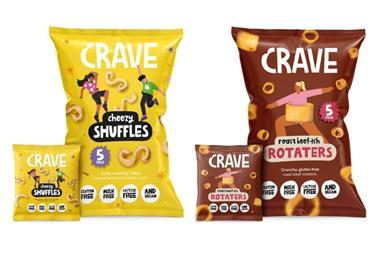
No comments yet